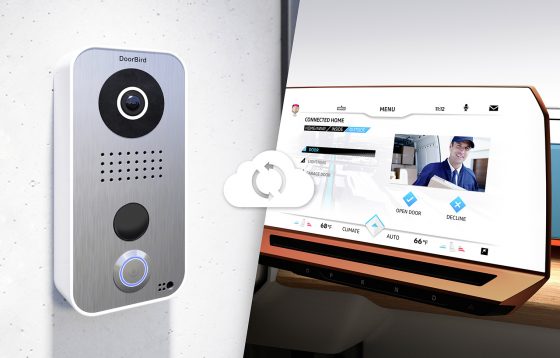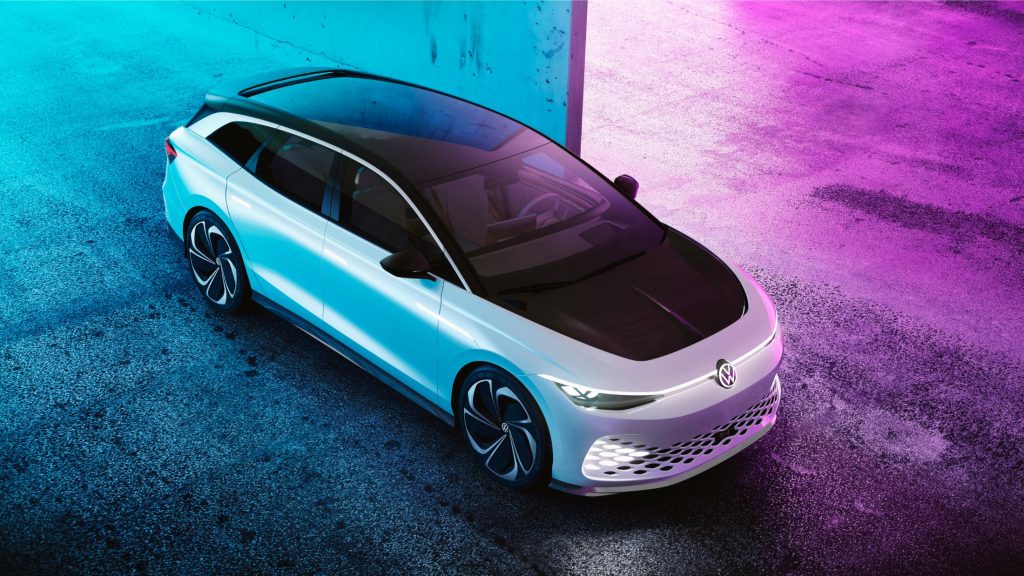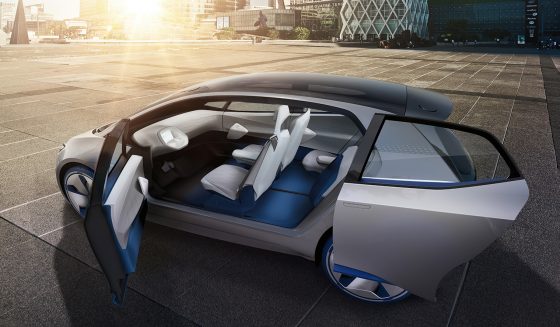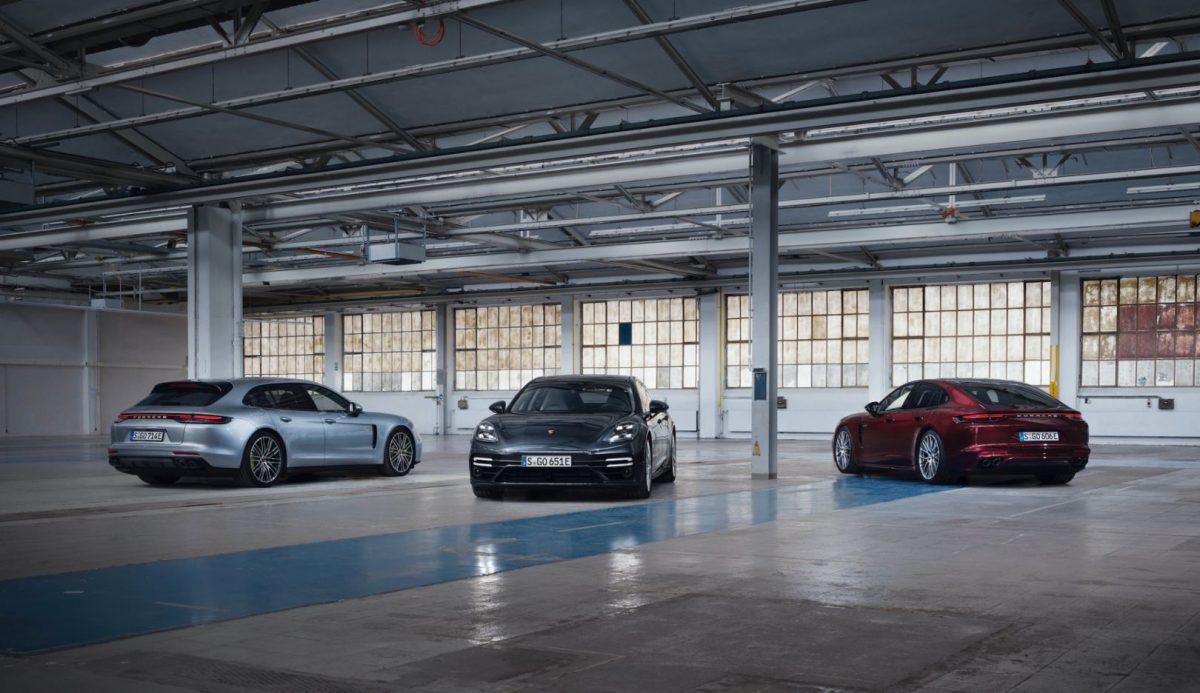AUBURN HILLS, Mich., Oct. 21, 2020 /PRNewswire/ — Nexteer Automotive launches High-Output Electric Power Steering (EPS) that delivers advanced safety and comfort features as well as enhanced fuel efficiency for heavy-duty (HD) trucks and light commercial vehicles (LCVs). Now with the ability to steer these vehicle types electrically, drivers of HD trucks and LCVs can benefit… Continue reading Nexteer Unveils New High-Output Electric Power Steering System
Tag: VW
Tesla supplier LG Chem to boost battery capacity
By Hyunjoo Jin, Heekyong Yang 3 Min Read SEOUL (Reuters) – Electric vehicle battery maker LG Chem 051910.KS plans to triple production capacity for cylindrical batteries used by Tesla and others, and is considering expansion in Europe and North America to meet surging demand, it said on Wednesday. FILE PHOTO: The logo of LG Chem… Continue reading Tesla supplier LG Chem to boost battery capacity
@Hyundai: Visual Deception: The Secret Behind Camouflage Patterns
For leakage prevention before unveiling new cars, automakers use camouflage patterns when they test their new models. So, what exactly a camouflage pattern is? Here’s the secret revealed. For every automaker in the world, the model launch is one of the most important issues. And until that day, they do their new designs or specs… Continue reading @Hyundai: Visual Deception: The Secret Behind Camouflage Patterns
Tesla supplier LG Chem sees rising battery profit after record earnings
By Reuters Staff 1 Min Read FILE PHOTO: The logo of LG Chem is seen at its office building in Seoul, South Korea, October 16, 2020. REUTERS/Kim Hong-Ji SEOUL (Reuters) – LG Chem 051910.KS, an electric battery supplier for Tesla TSLA.O and Volkswagen VOWG_p.DE, on Wednesday forecast a further rise in its battery sales and… Continue reading Tesla supplier LG Chem sees rising battery profit after record earnings
@VW Group: The BUDD-e concept car Introduced at the Consumer Electronics Show, the BUDD-e concept car demonstrated a driving experience based …
Introduced at the Consumer Electronics Show, the BUDD-e concept car demonstrated a driving experience based on the new Modular Electric Drive Kit, and one that could bring the smart world of the future on board. TextElisabeth Jungklaus At the Consumer Electronics Show (CES) in Las Vegas, the BUDD-e concept vehicle generated a noticeable buzz. It’s… Continue reading @VW Group: The BUDD-e concept car Introduced at the Consumer Electronics Show, the BUDD-e concept car demonstrated a driving experience based …
@VW Group: The Volkswagen ID. SPACE VIZZION concept previews a sleek electric crossover for America For more than a decade, Volkswagen vehicle…
For more than a decade, Volkswagen vehicles have been known worldwide for a variety of timeless designs built from a single common chassis. The MQB platform that forms the basic pieces of the Golf compact hatchback also underpins the seven-seat Volkswagen Atlas, and almost every other Volkswagen in between. At the Los Angeles Auto Show… Continue reading @VW Group: The Volkswagen ID. SPACE VIZZION concept previews a sleek electric crossover for America For more than a decade, Volkswagen vehicle…
@VW Group: An ID. for the Future This is a concept car that may be able to learn your preferences and driving needs, adjust the seat to your o…
This is a concept car that may be able to learn your preferences and driving needs, adjust the seat to your own personal settings, and in the future could even help you drive to your destination. Meet Volkswagen’s new concept ID. TextMark Espiner PhotosVolkswagen AG The concept ID. kicks off a new generation of innovative… Continue reading @VW Group: An ID. for the Future This is a concept car that may be able to learn your preferences and driving needs, adjust the seat to your o…
VW gauges interest in Ducati brand as a prelude to potential sale: sources
LONDON/FRANKFURT (Reuters) – Volkswagen Group VOWG_p.DE is hosting preliminary talks with potential bidders for its Ducati brand to gauge potential interest in the motorcycle maker ahead of a November planning round, three people familiar with the matter told Reuters. Slideshow ( 2 images ) During the five-year planning round, VW will review the future of… Continue reading VW gauges interest in Ducati brand as a prelude to potential sale: sources
‘Extremely damaging’ no deal in Brexit trade talks would cut Bentley’s profits
By Reuters Staff 1 Min Read FILE PHOTO: A logo of Bentley is seen outside a Bentley car dealer, amid the coronavirus disease (COVID-19) outbreak in Brussels, Belgium May 28, 2020. REUTERS/Yves Herman (Reuters) – Failure to strike a Brexit trade deal with the EU would be “extremely damaging” and cut profits by up to… Continue reading ‘Extremely damaging’ no deal in Brexit trade talks would cut Bentley’s profits
@VW Group: Porsche launches new Panamera models
10/20/2020 Porsche is completing the product line-up for the new Panamera with three new models. The new Panamera Turbo S E-Hybrid is now the most powerful variant in the completely revamped product line, combining a 420 kW (571 PS; Panamera Turbo S E-Hybrid models: Fuel consumption combined 2.8 – 2.7 l/100 km; CO2 emissions combined… Continue reading @VW Group: Porsche launches new Panamera models




